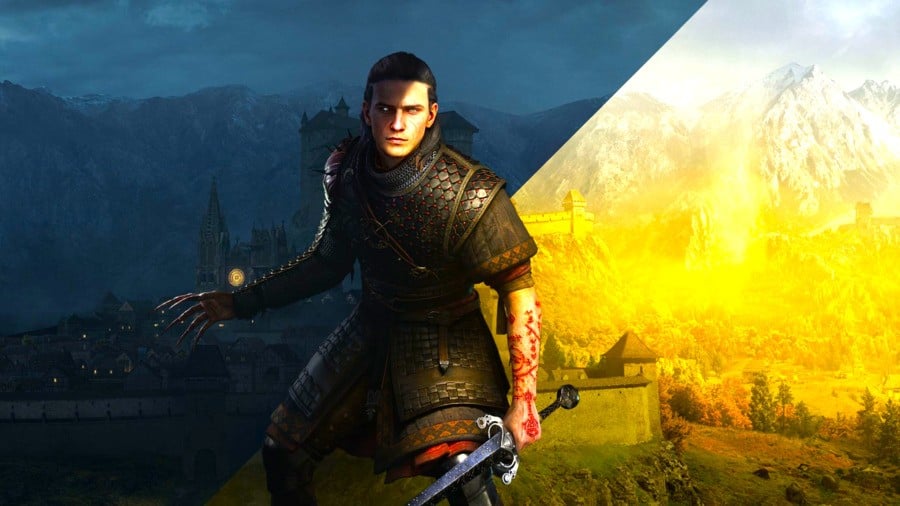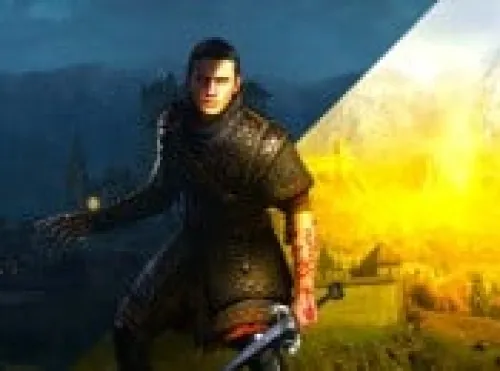Not in a traditional sense, at least

We’ve seen a lot of concerns raised about The Blood of Dawnwalker’s central “time limit” mechanic — but it really doesn’t sound like the kind of system that’s going to stop you from just… taking your time.
Here’s the pitch: in Rebel Wolves’ upcoming RPG, protagonist Coen has 30 in-game days and nights to save his family from the clutches of the local vampire lord. However, there’s no time of day or calendar system that’s constantly ticking along in the background.
Instead, time moves forward depending on your actions. You’re free to wander around the world and explore as much as you want, but certain player decisions — through dialogue options and whatnot — will advance the clock.
Subscribe to Push Square on YouTube159k
Basically, it’s like Persona, or Metaphor: ReFantazio. You are technically on a time limit, but you determine how and when it moves along.
“Exploration, combat, etc. don’t push time forward at all,” the studio reassures on social media.
“Only finishing quests and some other actions (such as specific dialogue options) affects time,” it explains, and clarifies that time-spending decisions will be indicated by a small hourglass icon.
In essence, the team wants The Blood of Dawnwalker to feel weighty in terms of narrative; it wants your choices to have consequences, and for each playthrough to offer up something different. We get the distinct impression that you won’t be able to see and do everything in one run, and that replayability is an important factor in the game’s design.
But what do you make of this system? Are you looking forward to playing The Blood of Dawnwalker when it launches on PS5 next year? Wipe that blood off your chin in the comments section below.
[source x.com, via gamesradar.com]
![]()
Robert (or Rob if you’re lazy) is an assistant editor of Push Square, and has been a fan of PlayStation since the 90s, when Tekken 2 introduced him to the incredible world of video games. He still takes his fighting games seriously, but RPGs are his true passion. The Witcher, Persona, Dragon Quest, Mass Effect, Final Fantasy, Trails, Tales — he’s played ’em all. A little too much, some might say.

